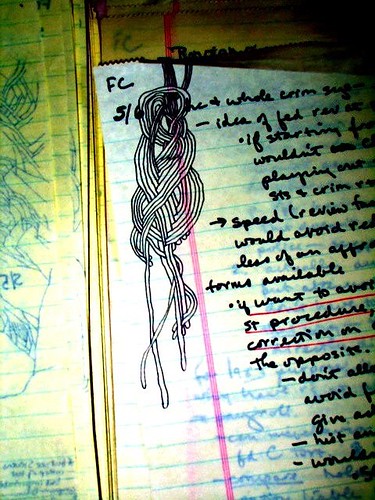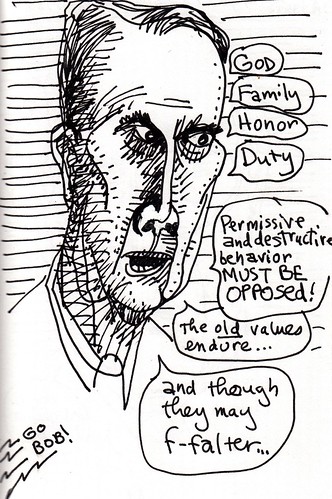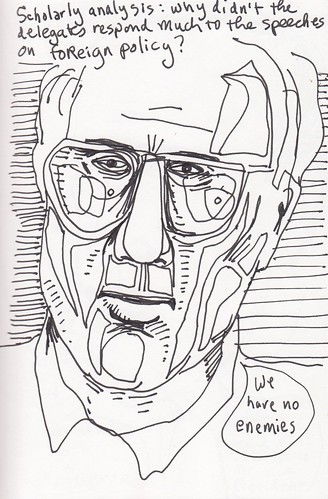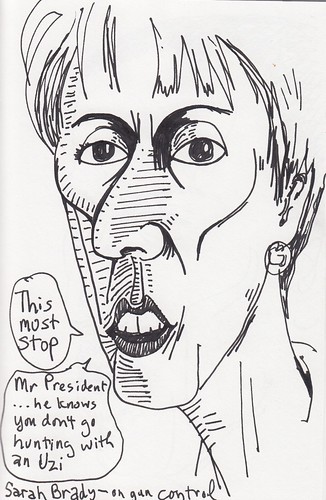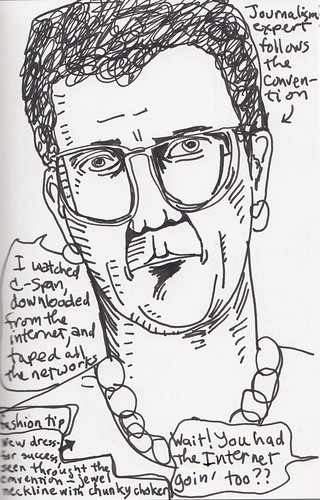"I stumbled into a strategy, that is. I thought I'd just put up a quote from this book I was reading — Robert Louis Stevenson,
An Apology for Idlers — and the quote was about happiness, so I started casting about for happiness items. Happily, there was no end to bloggable things."
That's something I wrote on March 16, 2012 — Facebook just reminded me. I loved getting that prod, as I engage in a higher level of seclusion this morning...
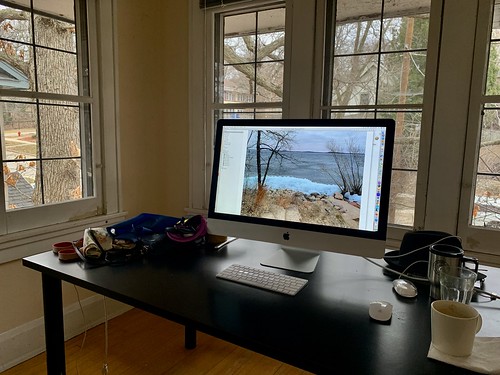
There's so much anxiety mixed with boredom these days that I thought I'd take you back to that happiness day, 8 years ago:
1.
"There is no duty we so much underrate as the duty of being happy" — the post title is a quote from Robert Louis Stevenson. Much more to that quote at the link. I'll just add: "[I]f a person cannot be happy without remaining idle, idle he should remain. It is a revolutionary precept... and within practical limits, it is one of the most incontestable truths in the whole Body of Morality."
2.
"And... that is the secret of happiness and virtue — liking what you've got to do. All conditioning aims at that: making people like their inescapable social destiny" — a quote from The Director in "Brave New World."
3.
"I have told myself a hundred times that I would be happy if I were as stupid as my neighbor, and yet I would want no part of that kind of happiness. But yet, upon reflection, it seems that to prefer reason to happiness is to be quite insane" — said "The Good Brahmin" in the story by Voltaire.
4.
"I broke my theme. Something made me laugh"/"Then you didn't break your theme. Something made you laugh. Something made you happy. Something made you smile." A real-life colloquy. The first commenter didn't understand that post, and, funnily enough, I don't either now. Oh, I think it was maybe the next post: The headline, in Forbes, "Santorum Promises Broad War on Porn," which required me to
blog about the double entendre ("broad war"). That was good for laughing, but not really about
happiness.
5. "'5 Things You Think Will Make You Happy (But Won't)'/
You already know what they are going to be, don't you? It's interesting to be able to think something while simultaneously knowing the opposite."
6. "Happiness is more like knowledge than like belief. There are lots of things we believe but don’t know. Knowledge is not just up to you, it requires the cooperation of the world beyond you — you might be mistaken. Still, even if you’re mistaken, you believe what you believe. Pleasure is like belief that way. But happiness isn’t just up to you. It also requires the cooperation of the world beyond you. Happiness, like knowledge, and unlike belief and pleasure, is
not a state of mind" —
a quote from the David Sosa, whose field is philosophy.
7. "A large Gallup poll has found that by almost any measure, people get happier as they get older..." —
a survey from 2008. We are all only ever getting older, but the phenomenon doesn't kick in until age 50. After that, it gets better and better.
8. "
The Paradox of Declining Female Happiness.... By many objective measures the lives of women in the United States have improved over the past 35 years, yet we show that measures of subjective well-being indicate that women's happiness has declined both absolutely and relative to men...."
9.
"Romney's Religion of Happiness vs. Gingrich's Religion of Grievance" — a Sarah Posner headline at Religion Dispatches. I'm happy that I don't have to bother with the feelings of Romney and Gingrich anymore.
10.
A post about my favorite Beatles song, "Happiness Is a Warm Gun."
11. I also don't have to think too much about Rick Santorum, but back then,
he said: “This is the mantra of the left: I have a right to do what I want to do” and “We have a whole culture that is focused on immediate gratification and the pursuit of happiness ... and it is harming America.” He took the position that the Founders idea of "the pursuit of happiness" was “to do the morally right thing.”
12.
"The Happiness Bank."
13. The
acronym PERMA represents the 5 components of happiness.
14.
"Is there a happiness mantra or motto that you’ve found very helpful?"
"Years ago, when I was researching an article on research into stress, one social scientist passed on a simple tip: 'At some point every day, you have to say, "No more work."' No matter how many tasks remain undone, you have to relax at some point and enjoy the evening."
15. "Happy people rarely correct their faults... they consider themselves vindicated, since fortune endorses their evil ways" —
wrote Le Duc de La Rochefoucauld.





